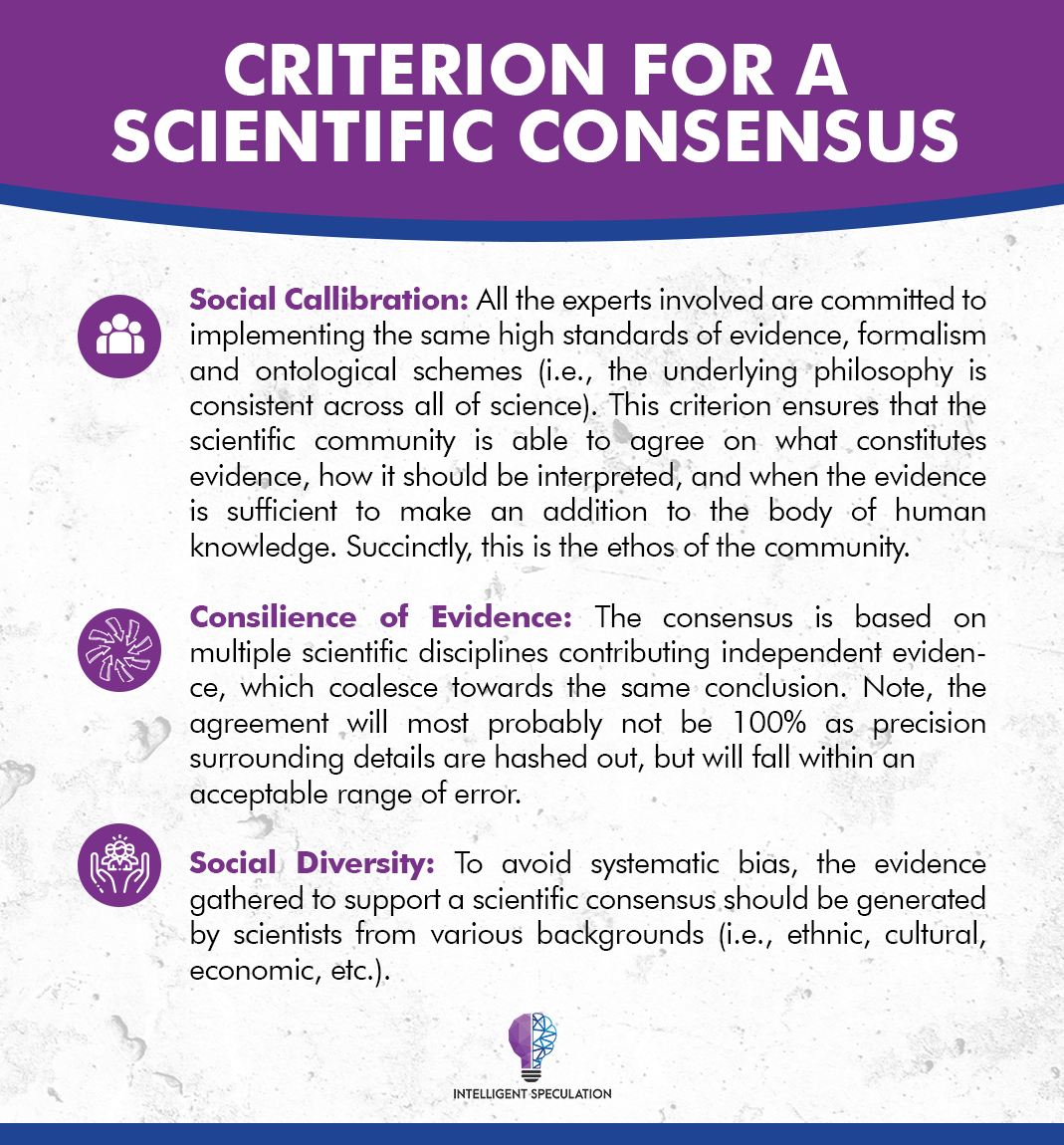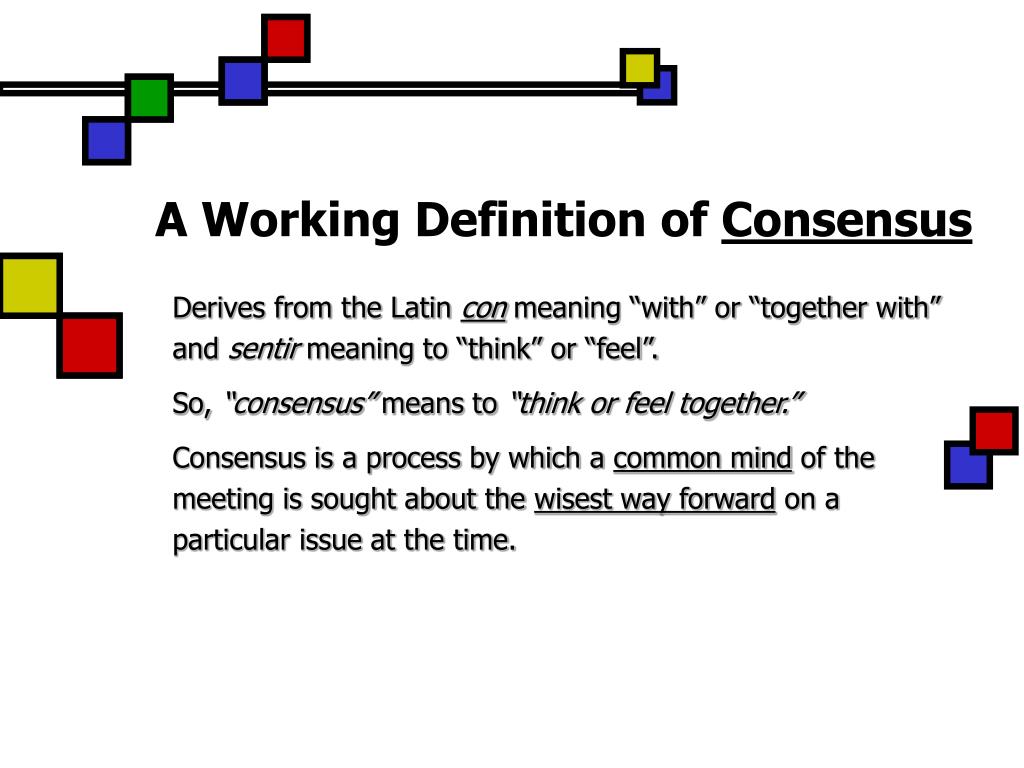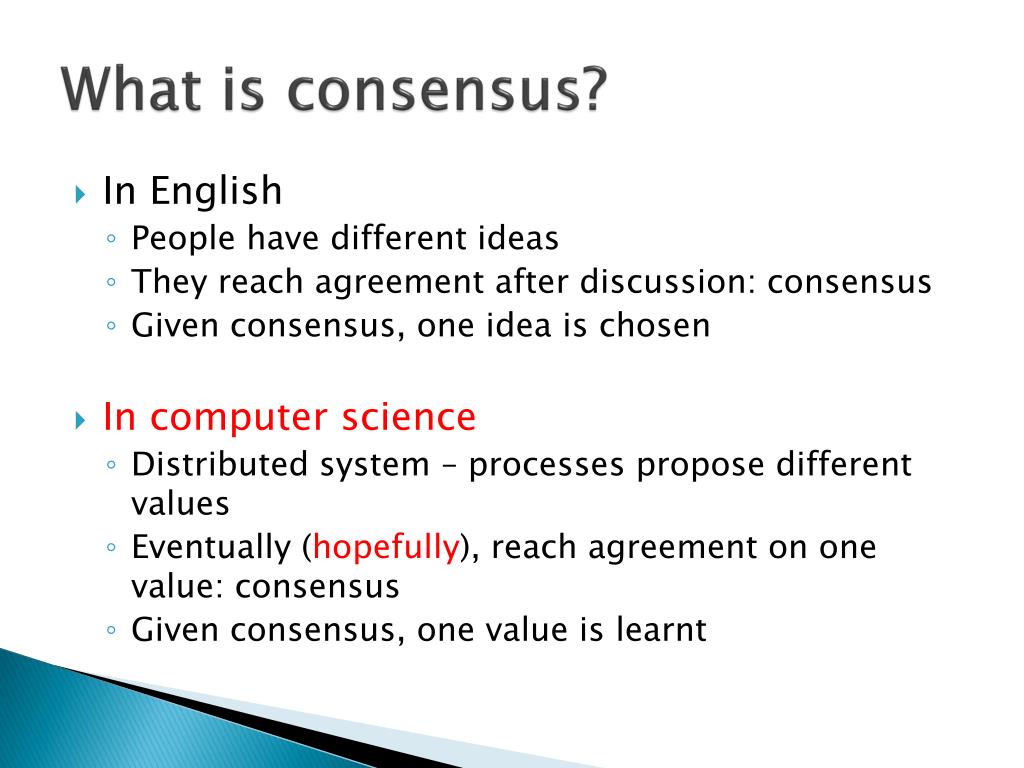Consensus Meaning - What Words Really Point To
It's a curious thing, but when you stop to consider it, words don't just hold one fixed idea. Instead, it seems like each person, in their own way, gives words their particular sense. Words, in a manner of speaking, mean what people wish for them to mean. This idea pushes back against the thought that words carry some sort of inherent, unchangeable core, a meaning that just exists on its own, quite separate from how we use them.
This individual shaping of what words represent can make for some truly interesting moments in how we talk with each other. If everyone has their own little picture for a word, then how do we ever get to a point where we all feel we are talking about the same thing? It's a bit like trying to put together a puzzle where everyone has a slightly different idea of what the finished picture should look like, you know?
So, this brings us to a rather important question: how do we arrive at a shared sense, a common ground for what words signify? How do we find that "consensus meaning," that agreed-upon understanding that lets us connect and share ideas without too much confusion? We're going to take a closer look at how these shared ideas come to be, and what happens when they don't quite line up, in a way.
Table of Contents
- How Do Words Get Their Meaning?
- When Does a Word's History Matter?
- Can We Always Find a Shared Understanding?
- What Happens When Meanings Don't Align?
- Is There a True "Consensus Meaning"?
- How Do Groups Come to an Agreement?
- What About Abstract Ideas and Consensus Meaning?
- Moving Beyond Simple Definitions
How Do Words Get Their Meaning?
It's interesting to consider that, for many of us, the words we use take on a specific personal flavor. We bring our own experiences, our own thoughts, and our own feelings to them. This means that what a word stands for can, at times, feel very much tied to the individual who is speaking or listening. You might say that words get their significance from the way people use them, rather than from some fixed rulebook. It's almost like a word is an empty container, and we fill it up with our own particular liquid, you know?
The Personal Side of Consensus Meaning
This personal aspect of word significance means that the idea of a "consensus meaning" isn't always as simple as it might first appear. If I believe a word means one thing, and you believe it means something slightly different, then our shared understanding becomes a little more complicated. It's not about rejecting the idea that words have some sort of built-in quality, but rather about recognizing that our individual thoughts play a very big part in how those words are received and understood. So, in some respects, every conversation is a small act of creating shared sense.
When Does a Word's History Matter?
Sometimes, to truly grasp what a word signifies today, it helps to look back at where it came from. Take, for instance, the word "plant." Most of us think of a factory when we hear it in a certain context, like a car plant. But, a long time ago, the main idea of "plant" was a verb, meaning "to set firmly in or on something." It's quite a shift, isn't it? This historical journey of a word can tell us a lot about how its common sense has changed over time, actually.
Tracing the Path of Consensus Meaning
Or consider expressions like "within an hour." While it means pretty much what it says, the way it's phrased might feel a little more formal than just saying "in an hour." This slight difference in feeling comes from how these phrases have been used and accepted over many years. Likewise, if you ever wondered about the beginnings of an expression like "tie one on," looking at its past use helps build a clearer picture. These historical tidbits show us how a collective "consensus meaning" develops, often slowly, over generations, you know?
Can We Always Find a Shared Understanding?
It's a good question to ask if we can always find a shared understanding, especially when language can be so flexible. Imagine someone asks you to "draw the blinds" in another room. Neither you nor they know if the blinds are currently open, letting in light, or closed, blocking it out. The instruction itself doesn't tell you whether to open them or close them. This simple request shows how even common phrases can hold a bit of wiggle room, and a clear "consensus meaning" isn't always immediately obvious, so.
The Challenge of Reaching Consensus Meaning
This challenge extends to other areas, too. Someone might be trying to figure out what cards were held in a famous old poker game, and they find two main ideas floating around. They even called a newspaper, and the folks there were quite tired of answering that same question. This suggests that even when people want to agree, or want to know the "right" answer, sometimes there are just different versions of the story, making a single, clear "consensus meaning" hard to pin down. It's a rather common thing, really, for information to have these little differences.
What Happens When Meanings Don't Align?
Sometimes, what one person believes a word means just doesn't line up with how most people use it. This isn't just about a "general consensus"; it's more like nearly every recorded instance of a word's use points one way, and then there's a single website or a single person who sees it differently. This often points to what some call "false etymology." It's where someone believes a word comes from a certain place or means a certain thing, but the actual history and widespread usage don't support that idea, you know?
False Etymology and Consensus Meaning
When this happens, the gap between an individual's personal idea of a word and the broader "consensus meaning" becomes quite clear. It's a situation where a widely accepted understanding, built up over time through countless uses, is at odds with a more isolated interpretation. This highlights how powerful collective usage is in shaping what words mean. It's not just about what a word once was, but what it has become through its life in the mouths and writings of many people, over time. It's almost like a word gets its true colors from its journey, you see?
Is There a True "Consensus Meaning"?
Given all this, you might wonder if there's ever a single, unchanging "consensus meaning" for anything. If someone says, "Since you want a consensus, I'll come in and say," they are acknowledging that agreement is sought, but it doesn't mean it's easily found or that it's the only valid idea. Take, for instance, a discussion about "meat." We are usually talking about the general stuff, the substance itself, not individual animals, even if a serving size might come from one animal. The idea is that the general sense is understood, even if the specifics can vary a little, you know?
The Elusive Nature of Consensus Meaning
It seems that the point of many questions is often to get to some sort of shared idea, to figure out what most people agree on. But that doesn't mean there's one perfect, unchangeable "consensus meaning" waiting to be discovered. Sometimes, the shared understanding is a bit fluid, adapting to the situation or the group of people talking. It's a bit like trying to catch smoke, perhaps, as it shifts and moves. The search for a single, firm meaning can be a bit of a chase, really.
How Do Groups Come to an Agreement?
So, if individual people bring their own ideas to words, how do groups of people manage to talk and work together? It's a pretty interesting process, actually. It often involves a lot of back and forth, where people share their own thoughts and listen to others. Over time, through repeated interactions and a shared need to communicate, a kind of common ground starts to form. This isn't usually a formal vote or anything like that, but more of a gradual settling into a shared way of understanding, you know?
Building a Collective Consensus Meaning
This building of a collective "consensus meaning" happens all the time, even without us noticing. Think about how a new slang word spreads, or how a technical term in a particular field gets its precise significance. It's through consistent use within a group, and the general acceptance of that use, that a shared understanding takes hold. It's a bit like a river carving its path; the water keeps flowing, and over time, it shapes the land, so too it's almost with words and their shared ideas.
What About Abstract Ideas and Consensus Meaning?
When we talk about things that aren't so concrete, like abstract ideas, the concept of a "consensus meaning" gets even more interesting. You might not use the word "meaningless" to describe something, but rather say that the way one thing corresponds to another, like a binary "open" matching a binary "on," is what's important. This is about how systems of ideas connect, even if the individual parts don't have a simple, single idea attached to them. It's a bit like understanding how a complex machine works, even if you don't know the name of every single screw, you know?
The Wider Picture of Consensus Meaning
Consider the idea, proposed by Jacques Vallée, that certain occurrences are not just real, but might act like a kind of information system. This system, he suggests, adapts itself to the culture and beliefs of people. If we take this idea seriously, then what does it tell us about how a "consensus meaning" for even strange or unusual phenomena might form? It suggests that our shared ideas, our collective beliefs, can actually shape how we perceive and interpret things, even if those things seem to exist outside of our everyday language. It's a rather thought-provoking idea, isn't it?
Moving Beyond Simple Definitions
So, what we've seen is that the idea of what words mean is much more fluid and interesting than just looking them up in a book. It's about how people use them, how their history shapes them, and how groups of people come to a shared, though sometimes shifting, understanding. It's a constant dance between individual thought and collective agreement, a process that is always in motion, you know?

Scientific Consensus — Critical Thinking | Intelligent Speculation

PPT - Consensus Decision Making PowerPoint Presentation, free download

PPT - Consensus PowerPoint Presentation, free download - ID:1750849